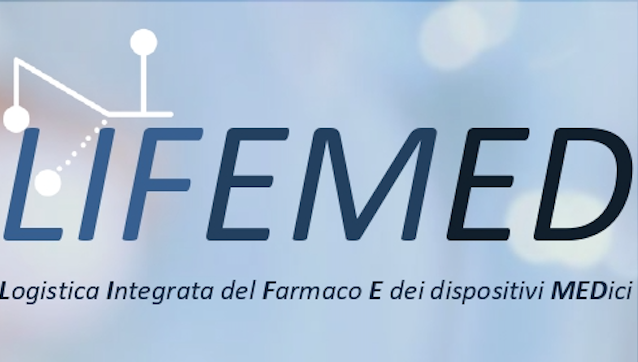LIFEMED
Integrated Logistics for Medicines and Medical Devices
March 2017
- December 2020


The initiative
LIFEMED – Integrated Logistics for Medicines and Medical Devices – is a project to implement an innovative logistics and organisational model to manage and track and trace medicines and medical equipment, based on new digital solutions that can be applied in an integrated way to the entire management chain.
The Italian Health Information Technology (HIT) sector has already introduced several systems for managing medicines and medical equipment within health facilities and in local areas, but the offer is somewhat fragmented and is unable to cover all requirements fully due to these limitations. The innovation in the healthcare context is difficult to implement, in part because of the wide spectrum of patients and their needs, the autonomy and regulation of the various medical disciplines and the extreme variability in type of input.
Against this backdrop, the purpose of LIFEMED is to improve traceability in the management chain for medicines and medical devices, by developing functional ICT solutions and components that range from the management of prescriptions and demand, purchasing and logistics to the preparation and administration of medicine for both inpatients and outpatients.
The system will improve services in healthcare treatment by reducing errors in medical therapy management and spending linked to the management of medicines and medical equipment.
The role of the Foundation
Fondazione Politecnico di Milano is a partner in the initiative, with the contribution of the Department of Management Engineering at Politecnico di Milano. The Foundation is also coordinating “Target Stage 1”.
Technical details
LIFEMED will help to optimise the purchasing and distribution of medicine and devices by introducing virtual warehousing solutions, as well as digital stock management and restocking on the basis of the prescriptions issued.
LIFEMED includes a traceability system based on RFID technology covering all therapeutic processes, with electronic carts for the controlled dispensing of medicines and medical devices in the wards and operating theatres; it can also handle home distribution of medicines and medical devices and the monitoring of patients remotely.
To achieve its objective, the project will also define a management and governance model for inter-hospital logistics involving electric vehicles travelling along optimised routes and equipped with GPS communicators and smart systems to transport special and /or perishable medication in sanitised containers provided with sensors.
Lastly, to improve the quality of treatment services, the digital systems produced during the project will be tested in four health authorities in Lombardy and Piedmont.
First results
Pubblicazioni:
• TRACEABILITY AND MANAGEMENT OF MEDICINES AND MEDICAL DEVICES AT HOME: THE CRUCIAL ROLE OF THE DIGITAL SUPPORT • AN INTEGRATED DIGITAL SOLUTION TO IMPROVE THE GOVERNANCE AND THE MONITORING OF LOGISTICS FOR MEDICINES AND MEDICAL DEVICESAchieved results
The collaboration between Fondazione Politecnico di Milano and the other partners in the project made it possible to frame the state-of-the-art in IT technology and the legislation on the management of clinical and logistics processes, as well as setting out the guidelines to implement the planned IT solutions.
The next stage consisted of analysing the current processes for managing pharmacotherapy and medical devices (on wards, in outpatient clinics and for patients treated at home) in the health authorities participating in the project. This analysis identified the areas of intervention for introducing support IT solutions and define the main functional and cross-functional requirements for the technological and applicative solutions. Detailed logistics process mapping was also carried out for reconfiguration purposes, enabled by the proposed digital solutions.
The information provided in this mapping exercise was used to design in detail the single components of the process management system, considering the needs and specific features of the individual health authorities taking part in the project.
The final stage involved drawing up the plans for introducing and trialling all the components in the overall solution within a medical setting, taking into consideration potential change management plans.
The project has reached the testing stage on the solution developed with the help of the four participating heath authorities, ASST Santi Paolo e Carlo (health authority in Milan) and ASST Fatebenefratelli Sacco (social and healthcare authority in Milan), Ospedale Mauriziano (hospital in Turin) and ASL Torino 3 (local healthcare centre in Piedmont).
Publications
Financial supporters




